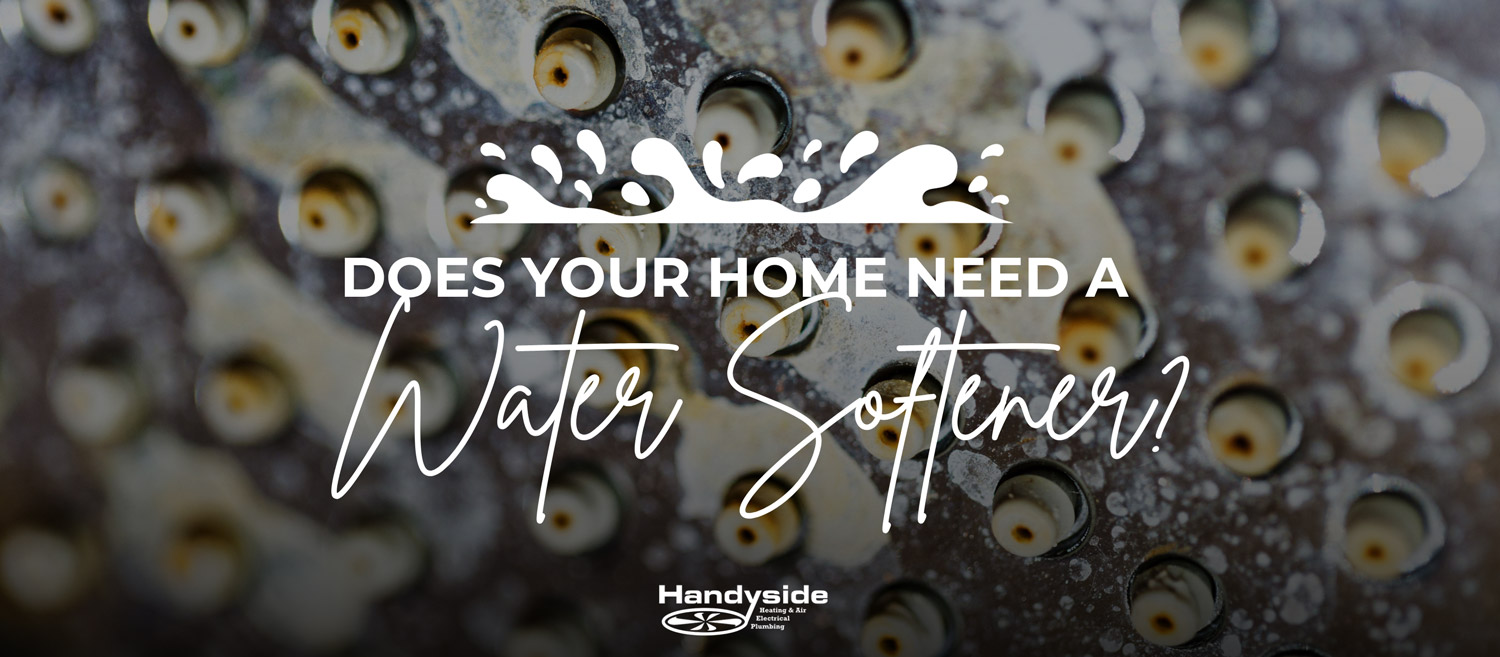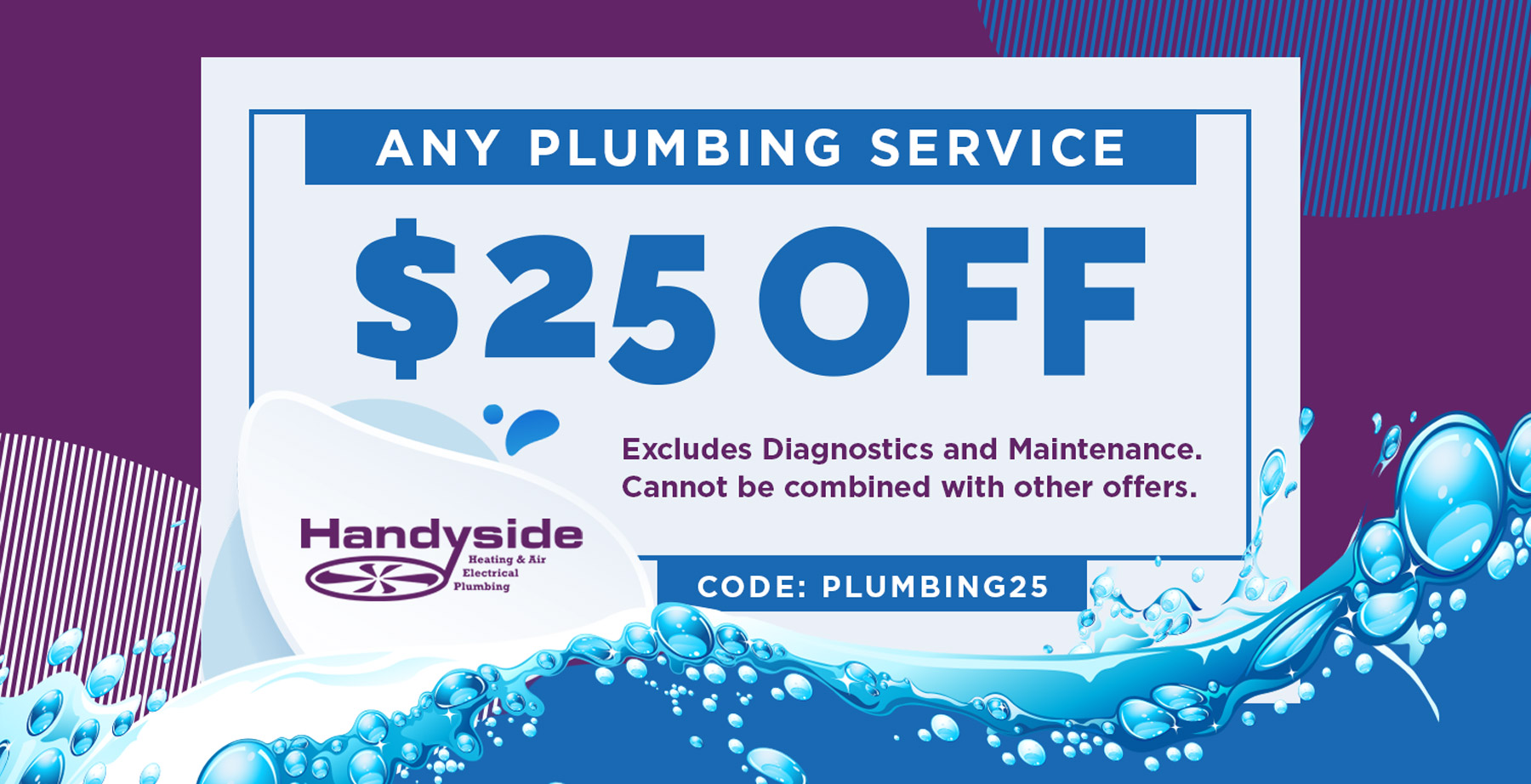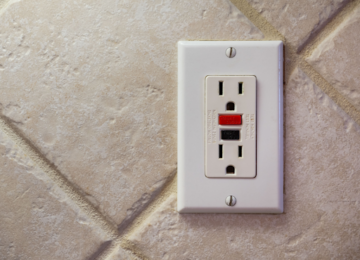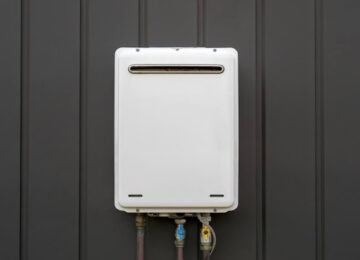Water quality can vary, with some areas having soft water while others contend with hard water. Unaddressed hard water can lead to unsightly stains on your fixtures or leave your skin feeling dry and itchy after showering. In this ‘Handy’ guide, we’ll explore key factors to consider in determining whether a water softener is a necessary addition to your home.
How Do They Work?
Water softeners function by exchanging calcium and magnesium ions with sodium and potassium ions, effectively eliminating these minerals from your water supply. This process can consume up to 25 gallons of water daily, making it crucial to confirm the presence of hard water before considering their use.
Mineral Deposits
One of the clearest signs that you are in a hard water region is the formation of mineral deposits on your appliances and pipes. Over time, this accumulation may lead to your plumbing getting clogged, making it harder for water to pass through the pipes.
Laundry Looks Faded
If your clothes and sheets appear to have lost their vibrancy and exhibit a washed-out, grayish appearance, it may be an indicator that they have been washed in hard water. You can mitigate this issue by using water-softening tablets directly in your washing machine or by adding vinegar to the fabric softener compartment of your appliance.

Pipes Need Regular Repair
Hard water can have a significant impact on your plumbing, particularly on steel pipes, which are particularly susceptible to mineral buildup. Over time this can also result in the valves of your washing machine or dishwasher being unable to close completely, resulting in water leakages.
Check Your Water Bills
An effective method of assessment is to monitor your recent water bills for any unusual increases in cost. Water passing through clogged pipes often encounters delays, potentially raising your expenses. It’s advisable to reach out to Handyside to inquire about the water quality in your area, whether it’s hard or soft, before considering the use of a water softener. Our plumbing professionals may opt for a sample analysis before making any recommendations.
Looking After Glassware and Silverware
Washing glassware and silverware in hard water often leads to unsightly stains. You can effectively address this issue by either running your glasses through the dishwasher with half a cup of vinegar or by soaking the glassware and silverware in a sink filled with water and a half-cup vinegar solution.
Act Fast
Addressing problems promptly is key to preventing them from escalating. Regular inspection of your pipes can help detect issues before they become serious. Engaging the expertise of Handyside professional plumbings is advisable, as we can offer advice on the suitability of using a water softener in your specific locality and whether hard water is contributing to your plumbing concerns. With the right approach, you can enhance your home’s comfort and avert potential plumbing complications.
![How You Can Tell If You Need A Water Softener Water quality can vary, with some areas having soft water while others contend with hard water. Unaddressed hard water can lead to unsightly stains on your fixtures or leave your skin feeling dry and itchy after showering. In this ‘Handy’ guide, we’ll explore key factors to consider in determining whether a water softener is a […]](https://handysideinc.com/wp-content/uploads/2023/11/How-You-Can-Tell-If-You-Need-A-Water-Softener-1.jpg)



